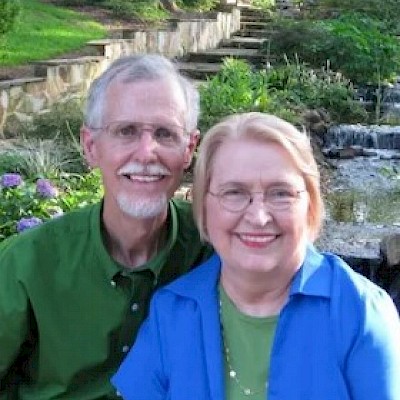
Adam Wade
Adam Wade, whose career spanned in the music and TV industry, has died. He was 87.
Wade's wife, Jeree Wade, first confirmed the tragic news to The Hollywood Reporter, saying that the actor, singer, and game show host died at his home in Montclair, New Jersey.
She did not release an official statement regarding her husband's passing. But she confirmed that Adam Wade's cause of death was Parkinson's disease.
Meanwhile, a separate statement posted on Facebook, per American Songwriter's website, also disclosed Wade's passing.
"It is with deep sadness that we inform you of the passing of our husband, father, brother, friend, Adam Wade. Arrangements are being made for his memorial and we will keep you updated; it is a great loss for everyone who knew and loved him. Please keep our family in your prayers. With deep sorrow, The Wade Family," it went on.
The Johns Hopkins Medicines clarified that Parkinson's disease is not "a direct killer." Instead, it can lead a patient to become more vulnerable to falls and infection. The later stages of the disease also cause people to overlook the signals that can threaten lives even more.
Meanwhile, NHS explains that it is a condition in which the parts of the brain get damaged progressively over the years.
After his death, notable personalities and his fans offered tribute as they remembered his contributions to different industries.
Comedian and actress Marsha Warfield said, "I'm so sorry to hear the passing of actor/singer/game show host, Adam Wade. Among his many accomplishments, he will always be the first Black American man to ever host a TV game show, 'Musical Chairs.' My condolences to all whose lives he touched.
Adam Wade's Career
Wade did notable moves in the music, TV, and acting industries that made him more unforgettable.
In 1961, he got compared to Johnny Mathis because of his romantic songs like "The Writing on the Wall," "As If I Didn't Know," and "Take Good Care of Her."
It took years before he clarified in a 2014 interview that he was actually trying to imitate Nat King Cole instead of Mathis.
He then became the first Black person to host the game show, "Musical Chairs." Created by Don Kirshner, the game master recorded it at the Ed Sullivan Theater in New York and challenged contestants to answer correct lyrics and song titles.
As for his acting career, he made his debut in an episode of "Tarzan" before collecting more titles like "Come Back Charleston Blue," "Across 110th Street," "Phantom of the Paradise," "Search for Tomorrow," "The Misadventures of Sheriff Lobo," and "The Dukes of Hazzard."
•
Remembering Adam Wade
Use the form below to make your memorial contribution. PRO will send a handwritten card to the family with your tribute or message included. The information you provide enables us to apply your remembrance gift exactly as you wish.




